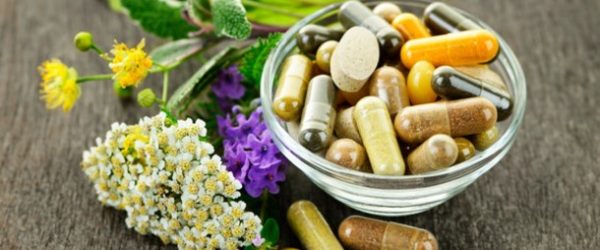“Supplementation is the additional supply of nutrients and micronutrients to your body that are dietary ingredients to supplement your diet, for the purpose of optimizing health and functionality.”
The human body is a complex system of integrated biological and biochemical processes. These systems work in tandem with each other and are fuelled with the nutrition that is fed to the body. Each and every cell of your body is interconnected, working in synergy with each other with a common goal to maximise your output.
As athletes, it is our prerogative to maintain our bodies at Optimal functionality. Especially for sportsmen that are at the cutting edge of competition. In today’s day and age, there is so much more we know about nutrition, supplementation and body kinetics, that it has become quintessential for athletes and fitness enthusiasts in general, to keep ourselves abreast and aware of the latest findings, discoveries and supplements and diets in addition to your training regime, to get the best performance from this body that is both your asset and your tool.
Aside from training, regular practice and keeping your body and mind in sync, there are certain body processes that you need to keep in optimal functionality in order to stay in top form. These are:
- Metabolism
- Cellular Energy
- Muscle strength
- Digestion and detoxification (To have efficient nutrient absorption)
- Mental focus (boosting neurochemistry)
Metabolism and Cellular energy is the core fulcrum of your body’s functionality. This addresses the very core fundamental of how food is converted to energy within each and every cell of your body. In each cell, there is a PowerStation called Mitochondria. Food that you consume is broken down to Simple Carbohydrate (Sugars) aka Glucose, and Lipids. Most Lipids are stored as Fats. Glucose, which is the basic form of energy is absorbed into the cell, where the mitochondria breaks it apart. This breaking apart, is called the Oxidative phosphorylation pathway, which converts ATP (Adenosine Triphosphate) into ADP, releasing energy that is usable by the cell. This is the basic process of metabolism. This pathway requires compounds that are catalysts, which include vitamins, trace minerals and other cofactors and coenzymes such as COQ10.
These intricate pathways are the reason why your body needs sufficient amounts of micronutrients that act as cofactors in these complex biochemical reactions, which are occurring constantly, on the daily.
But which compounds should we be consuming, and how much of them do we really need? Isn’t it better to get my nutrients from diet and natural foods?
Will consuming Supplements create Side Effects?
Well, ideally yes. It IS best to get all your nutrients from natural food sources. So if it possible for you to get all the necessary nutrients in optimal amounts from your daily diet, that’s great! Go for it! Sometimes it doesn’t usually happen. And these are some of the reasons why:
- Athletes have a higher requirement of nutrients, which sometimes are not always sufficed just from regular food.
- Foods that are high or recommended for certain nutrients may not be always available. It may then, be better to supplement than to have lower frequency of consumption
- Certain compounds that boost cellular activity or improve performance could be specific compounds or specially blended formulations that are not necessarily available in as high of a concentration as you would need, for maximal efficacy in natural form. Creatine is a good example of this. Creatine is naturally present in meats, especially red meat. But in order to get 5 gms of creatine, which is recommended for improving performance, one would have to eat like 6 pounds of meat in one sitting.
Also, supplements are usually derived from natural foods, just extracted in higher concentrations, and supplements also have to follow stringent FDA guidelines, to ensure that they are safe for consumption and free of any detrimental or serious side effects.
Supplements can be broadly classified as:
- Macros (such as protein shakes)
- Vitamins, Minerals, trace compounds
- Herbal Supplements
- Performance Enhancers
Performance enhancers are usually formulated compounds. Some could be herbal, or natural dietary elements just in higher concentrations.
Overall, supplements are just add-ons to your diet. Most supplements are very safe, and they could benefit not only athletes but even sedentary individuals to improve their health, energy levels and also Cellular energy and longevity.
Tag ListGo Beyond Sports Gobeyondsports Sports Sports And Supplementation Sports Nutrition Supplementation In Sports Supplements
